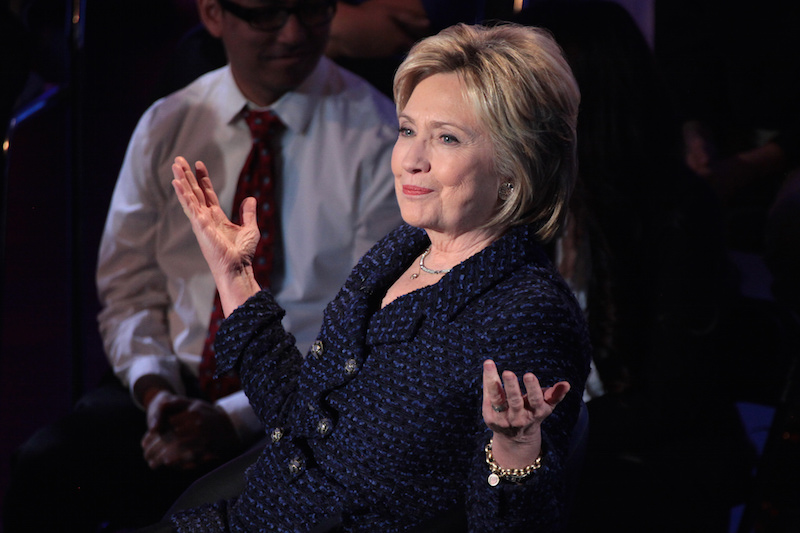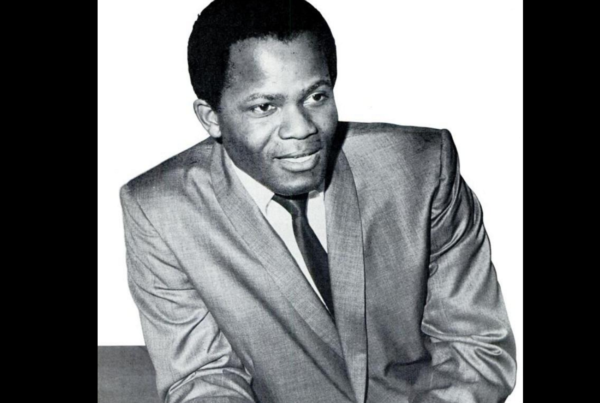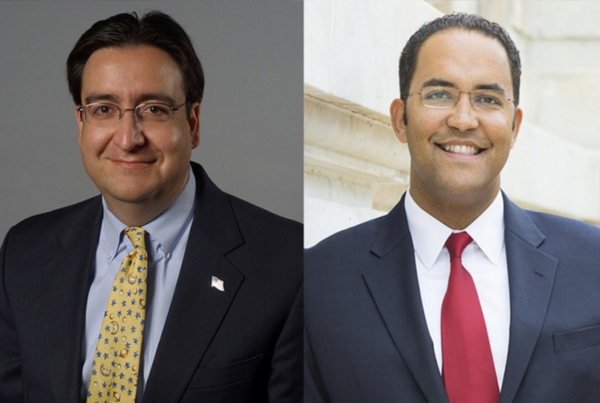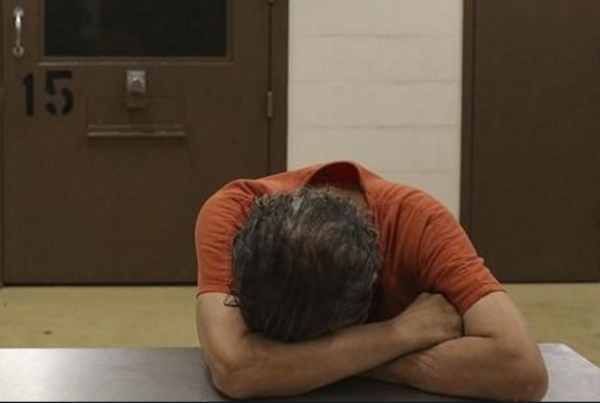So Texas – had enough yet? Landing blows, calling names, flinging zingers. If Frank Capra were to make a movie of this, he might call it “Jerry Springer goes to Washington.” Presidential debates are important to be sure, but when debates descend into parodies of debates, what are we getting? Is it a reasonable idea to just say no to a third debate?
For a debate on whether a third debate is necessary, the Standard spoke to two professors of politics.
Matthew Eshbaugh-Soha, chair of political science at the University of North Texas, makes the case against having a third debate. He says there are issues with candidates answering questions, whether these debates promote democratic values and whether they really even matter at all.
“Increasingly, as we make our way through the debates, fewer and fewer people are watching it,” Eshbaugh-Soha says. “They get tired of it, they’ve already decided, they have other things that they’re interested in doing.”
Brandon Rottinghaus, professor of political science at the University of Houston, supports having a third debate. He says the longer the political narrative can be extended, the better voters will be able to consider their options.
“I think that politics in 2016 is a lot like good Texas barbecue – low and slow improves the final product,” Rottinghaus says. “We have had an October surprise every day in October, and I think these hot takes raise the temperature of the race and make for these too-short and often under-considered viewpoints.”
Rottinghaus says these debates may not inform voters in terms of policies, but they allow voters to examine candidates’ leadership and temperament.
“Even if we don’t understand the issues that much better than before, it’s not convincing people that Donald Trump’s tax policies are better than Hillary Clilnton’s, healthcare policies,” Rottinghaus says, “we get a sense of how they would handle themselves, the decorum through which they would appreciate and improve the office.”
Eshbaugh-Soha says it is important to see the candidates interact, but that three debates might be excessive.
“I think there is some value in having this exchange, but do we need three debates?” Eshbaugh-Soha asks. “Is this something that is more a function of trying to drive the news cycle in terms of trying to maintain interest of voters in what is a very long and tiresome campaign? I would question that.”
For this long election cycle, Rottinghaus says the third debate should provide the American people with some sort of closure.
“It has been such a whirlwind of activity and negavity, that the country needs some kind of closure emotionally on what’s happening,” he says. “As my grandmother used to say, who was a farmer, ‘We’re down to the short rows here’…We’re at the corner of this process. What’s going to happen at the end of this?”
In Eshbaugh-Soha’s ideal world, the third debate would see the candidates address specific issues and tell voters why they should be elected.
“So far we’ve had a lot of back and forth, a lot of criticism, both campaigns are riddled with scandals and other complications,” he says. “Make the case to the American people, project that message, and make that set the tone for the last couple of weeks of the campaign.”
Post by Sunny Sone.















